For many years now REACT has been working tremendously well for developers and its massive following shows it’s quite beloved. But REACT is not for everyone or every project. Stop using REACT? Feels a bit blunt but hear us out as we address this dilemma.
Overrated or Overhyped Perhaps?
Companies and front-end developers are disturbed due to the excess hype of REACT. Facebook is one of the main culprits behind this turn of events. In 2013, Facebook launched REACT and made it open source which triggered its high demand in the market.
REACT now covers a massive market and this is why every developer is inclined to learn REACT and start working on it. Stop using REACT because of peer pressure? You should have solid backed-up reasoning as to why you do not need REACT for project development. A lot of the organizations are being affected by this overhyping problem.
Dissolving Screw-Ups
REACT is like Germany’s autobahn, one of the world’s deadliest highways. There is no speed limit to this highway and drivers can choose at what speed they want to drive. Similarly, REACT an open-source platform has given developers quite a free hand to code and do how they please. Opinionated as it may be, stop using REACT if you’re headed towards the fatal way.
REACT criticism?
The freedom which React offers developers is immense. But, this comes at a price. In other cases there is a safety net but not in the case of REACT. You may make a major mistake early on in the project development which could cost much in the end.
But the funny thing is that the code is then patched again and again up to the time when the wheels fall off. In short, the thumb rule that is followed here is ‘Ignorance is bliss. Lack of safeguards gives rise to this off-balanced situation. Stop using REACT if you’re just going to rig up the whole codebase.
You Don’t Need REACT???
Opportunity Cost
React is slower than javascript but that is like saying stop using python because numbers tell that C is faster. But it’s not always the number that should tell us whether we should choose a particular stack. C is really tough and has its issues. It’s basically about personal preference here. So if you’re picking REACT over javascript for a particular project then you have to be aware of the tradeoffs and if you’re not willing to accept them then stop using REACT.
Your experiences and skills in Javascript allow you to become better REACT developers. So the ball is in your court!
No Entry
Usually, with REACT-based web apps, the content isn’t loaded directly and it takes even more time for the web content to be interactive. This can be annoying and the element of inaccessibility rises. The basic thumb rule should be a web app should let the user wait for a while and load all the necessary files. This way it will be smoother navigation to the next pages. Here many have preferred using the relevantly newer framework Svelte. Developers have to think long and hard before succumbing to the statement ‘stop using REACT.’
Why REACT is bad?
REACT the Rebel
Version updates have been generally made easy to accomplish but not in the case with REACT. The complexity is real when it comes to upgrading from let’s say a version 1.0 to 1.5…
Now for example you’re using a specific version of REACT and your whole application is based on it. Suddenly, a new version gets thrown in which has REACT hooks. For you to use REACT hooks you’ll have to rewrite a significant portion of your application for this new update to work.
While this is a common go-to approach for REACT it doesn’t seem fair and most of the developers due to shorter time constraints stop using REACT. It’s a big pain point for developers who have no other option to proceed with REACT.
Wrapping Up
Is REACT slower than vanilla javascript? Yes, at times.
Can REACT become bigger than a project that uses Javascript? It is very well possible.
Yes, REACT is misused on websites where it’s all bloated for no reason at all.
But this doesn’t mean that REACT shouldn’t be used for any project at all. If these reasons are bothering you then you should stop using REACT.
However, Svelte is something a lot of developers are excited about these days. The most unique thing about Svelte is that it has quite slim libraries and the web pages are leaner. To find out more on how Svelte gets web pages to become leaner and faster, read about it here.
Still shifting to another framework is no joke. REACT has its drawbacks but it’s still quite relevant, companies and developers can make the most out of it. But to be fair, stop using REACT protest isn’t just. You have to pre-judge the requirements based on your project if REACT will sit well with it in the long run or not.
At the end of the day, you want your web app to easily conform to the changing dynamics of the future. It’s not a simple yes or a no question of whether to stop using REACT. It only matters how you can make the most of the platform.
Should you stop using REACT? Not really. But yes, we do think that React is largely overused in some places it doesn’t belong.
React projects are still in-demand, so saying that the frameworks’ use should be avoided is a false statement. Speaking from our experiences, React projects are most frequently requested. We have been working on this framework for many years and our engineers are actively deploying this framework in many of our client’s projects. There are several projects that we designed using React such as: chat apps, social media apps, eCommerce apps, video sharing apps, also portfolio apps.
Talking about REACT criticism, the framework has a major place in front-end development and we think that it is a good solution to front-end problems.

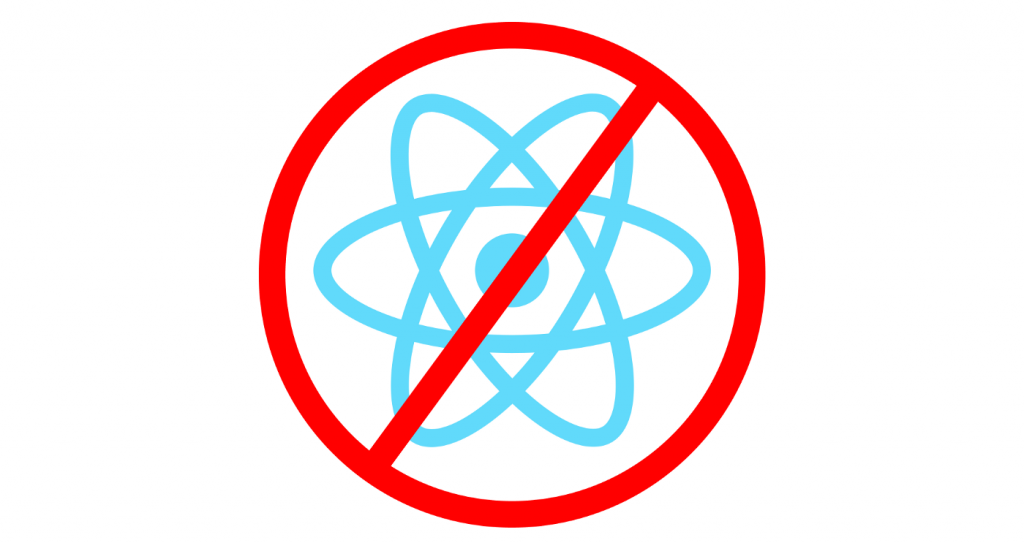
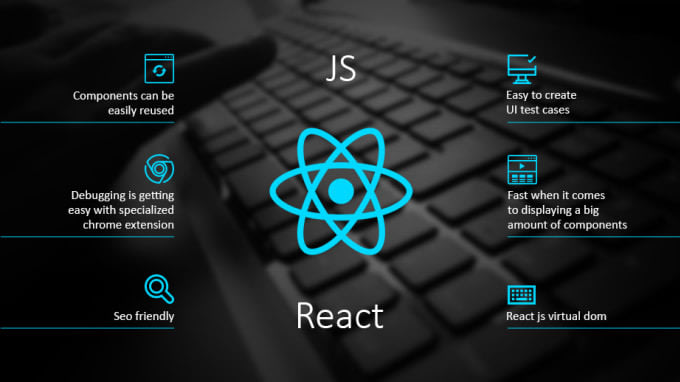













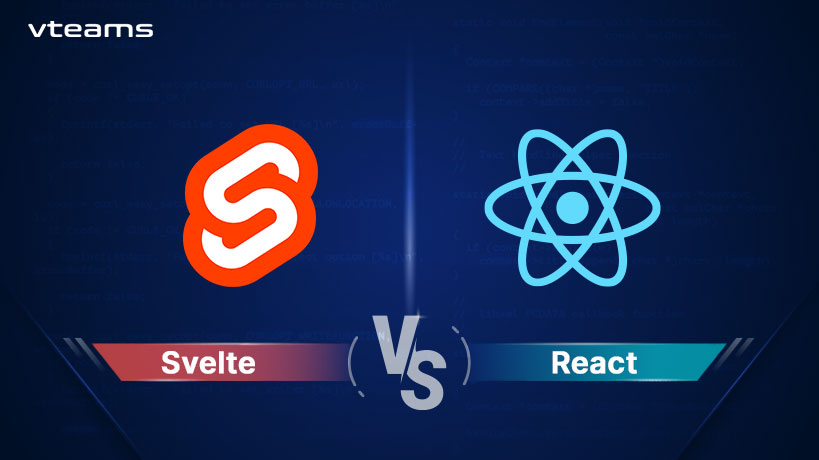
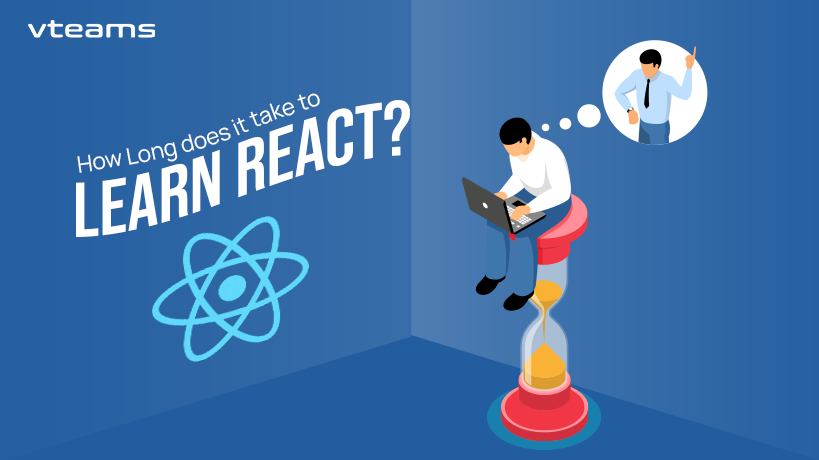
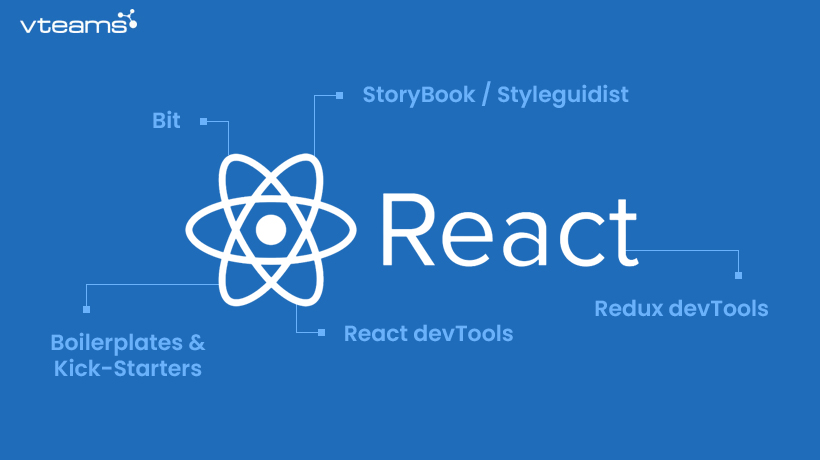
0 Comments